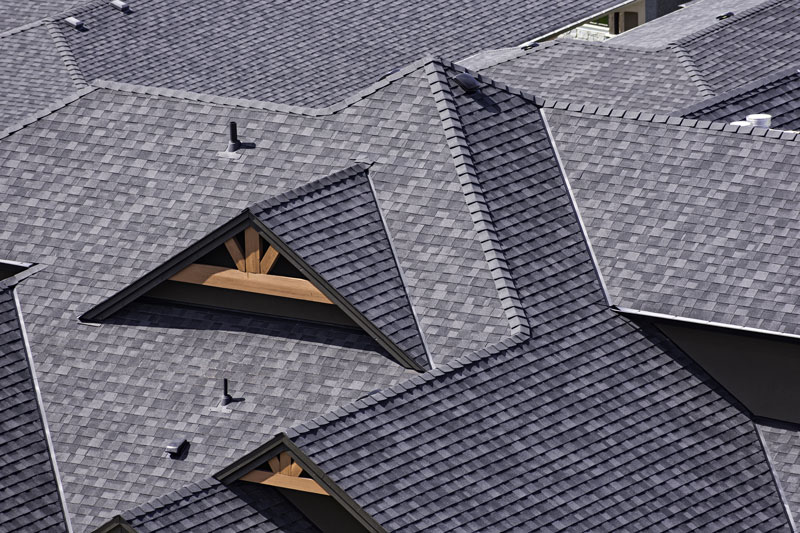
When it’s time for a roofing replacement, most homeowners focus on choosing the right materials, finding experienced roofers, and ensuring the project is completed on time. But what happens to your old asphalt shingles once they’re torn off? If you're like many environmentally conscious homeowners, you might be surprised to learn that asphalt shingles can be recycled—and doing so is one of the easiest ways to reduce waste from home improvement projects.
Every year, millions of tons of asphalt shingles are removed during roofing replacement projects across the country. These shingles typically end up in landfills, where they take decades to decompose. However, asphalt shingles are made primarily from oil-based materials and can be repurposed into other useful products—like pavement for roads, driveways, and parking lots.
Recycling shingles helps reduce the demand for new asphalt, conserves natural resources, and keeps bulky, non-biodegradable materials out of landfills. It's a small but meaningful way to make your roofing project more eco-friendly.
When you schedule a roofing replacement, roofers will remove the old shingles from your home. If they offer shingle recycling services—or partner with a recycling center—they’ll collect the used shingles and deliver them to a facility where they can be processed.
At the recycling facility, the shingles are ground up and filtered to remove nails and other debris. Once processed, the material can be reused in hot-mix asphalt for paving or other construction applications.
If you’re concerned about whether your shingles are recyclable, the good news is that most asphalt shingles qualify. However, they need to be free from mold, excessive debris, or materials like wood and metal.
Not all roofing companies automatically recycle shingles, so it’s important to ask upfront. Here are a few questions to guide the conversation.
Reputable roofers who care about sustainability will be happy to explain their process. If recycling isn't something they currently offer, you might consider seeking out roofers at Milledge Roofing Company.
In addition to recycling your old roof, you can take other steps to make your home renovation more eco-friendly. For example, if your project includes siding repair, ask if the removed materials can be reused or recycled. Many types of siding—especially aluminum and vinyl—can be reclaimed rather than sent to the dump.
You can also consider using cool roof shingles during your roofing replacement in Monroe, GA. These products reflect more sunlight and absorb less heat, helping you reduce energy bills while minimizing environmental impact.
Recycling asphalt shingles isn’t just good for the planet—it’s a smart choice for homeowners who want to make their renovation projects more responsible and sustainable. By working with roofers at Milledge Roofing Company, you help reduce landfill waste, conserve resources, and promote greener building practices.
So, the next time you’re planning a roofing replacement or even a siding repair, take a moment to think about where your old materials are going. With just a bit of planning, you can protect your home and the environment at the same time.